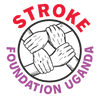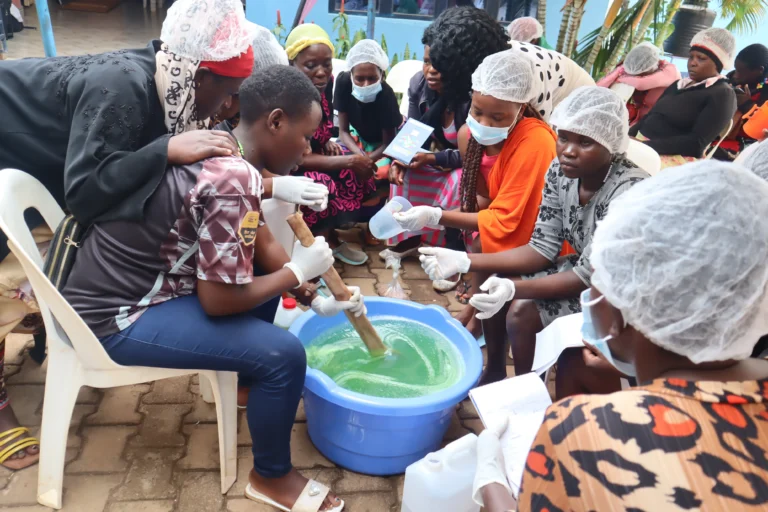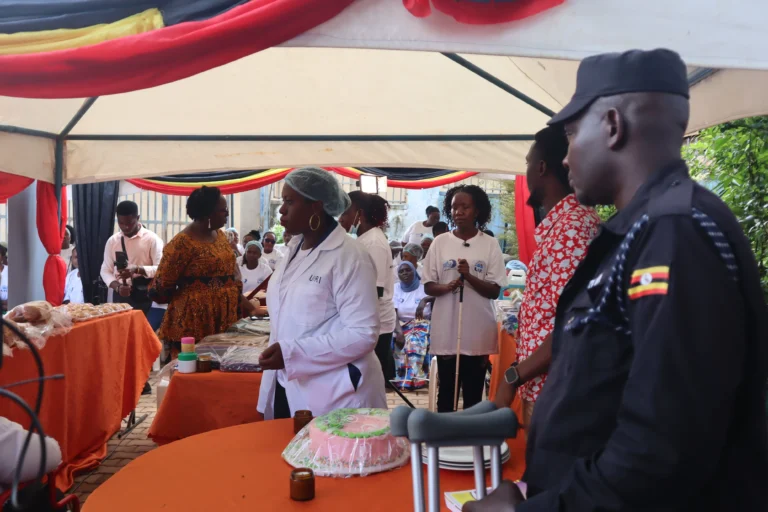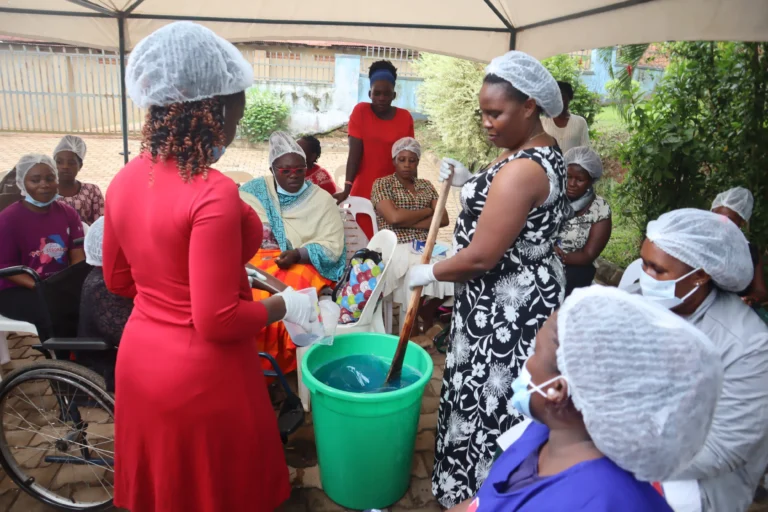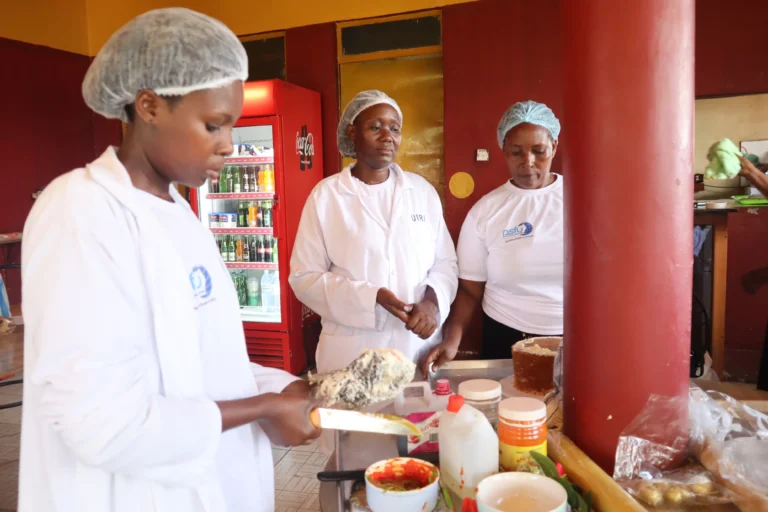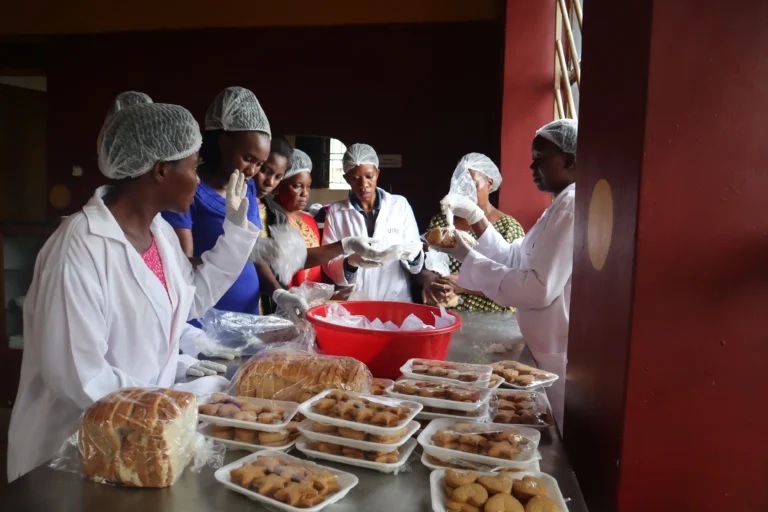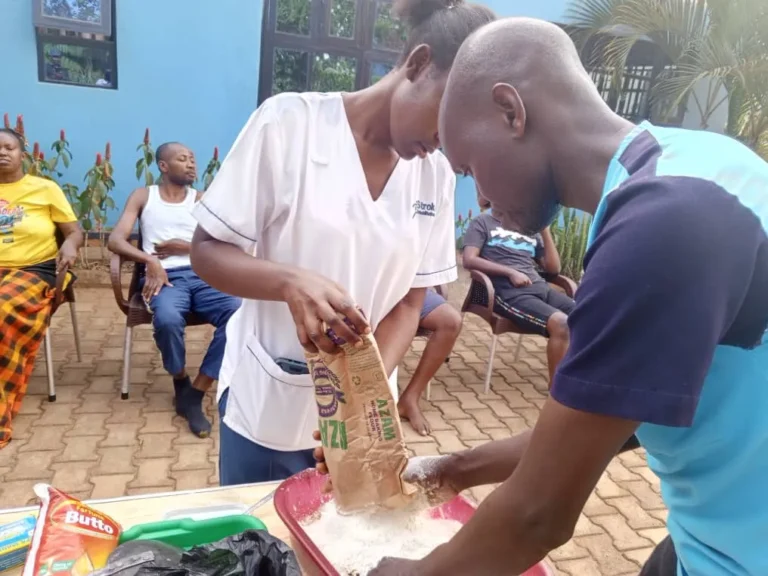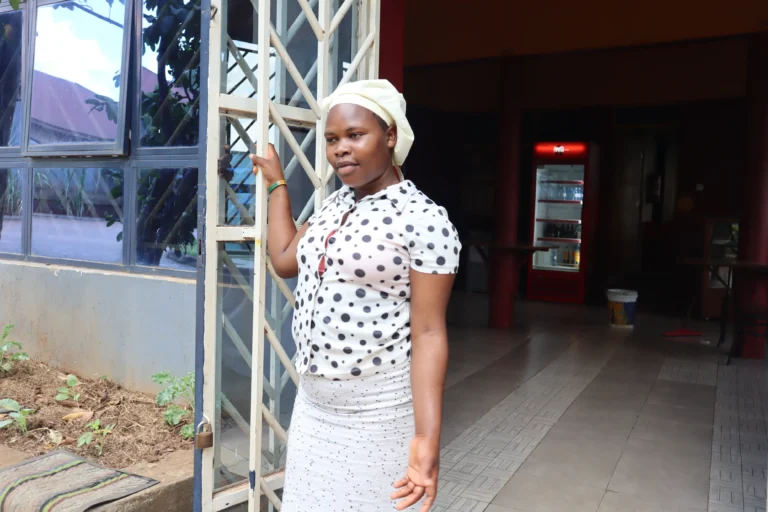Counseling & Emotional Support

Stroke Foundation Uganda
Counseling and Emotional Support for Stroke Survivors in Uganda
Rebuilding Hope, One Conversation at a Time
At Stroke Foundation Uganda, we understand that stroke recovery goes beyond physical healing. The emotional and psychological impact of stroke can be overwhelming—for survivors, caregivers, and families. That’s why our counseling and emotional support services are a vital part of our mission to provide holistic stroke rehabilitation in Uganda.
Our Counseling and Emotional Support Services
Our trained counselors and support team offer professional stroke counseling services in Uganda to help individuals process their experiences and reclaim their mental well-being.
One-on-One Counseling
Personalized mental health support for stroke survivors and caregivers—offered in person or through phone/video sessions.
Family & Caregiver Counseling
Support for families dealing with the emotional burden of caring for a loved one post-stroke.
Peer Support Groups
We connect stroke survivors in Uganda through regular group sessions to share experiences, encouragement, and hope.
Psychosocial Assessments
Tailored assessments to understand each individual's emotional and mental health needs during stroke recovery.
Trauma-Informed Therapy
Therapeutic approaches designed to help individuals cope with trauma and emotional distress after a stroke.
Referral to Mental Health Professionals
We work closely with psychologists, psychiatrists, and clinics when advanced mental health treatment is required.
Counseling & Emotional Support
Together, We Heal.
Stroke recovery is a journey. With the right emotional support, that journey becomes more hopeful and empowering. At Stroke Foundation Uganda, we are committed to walking it with you—one step, one conversation, and one life-changing connection at a time.
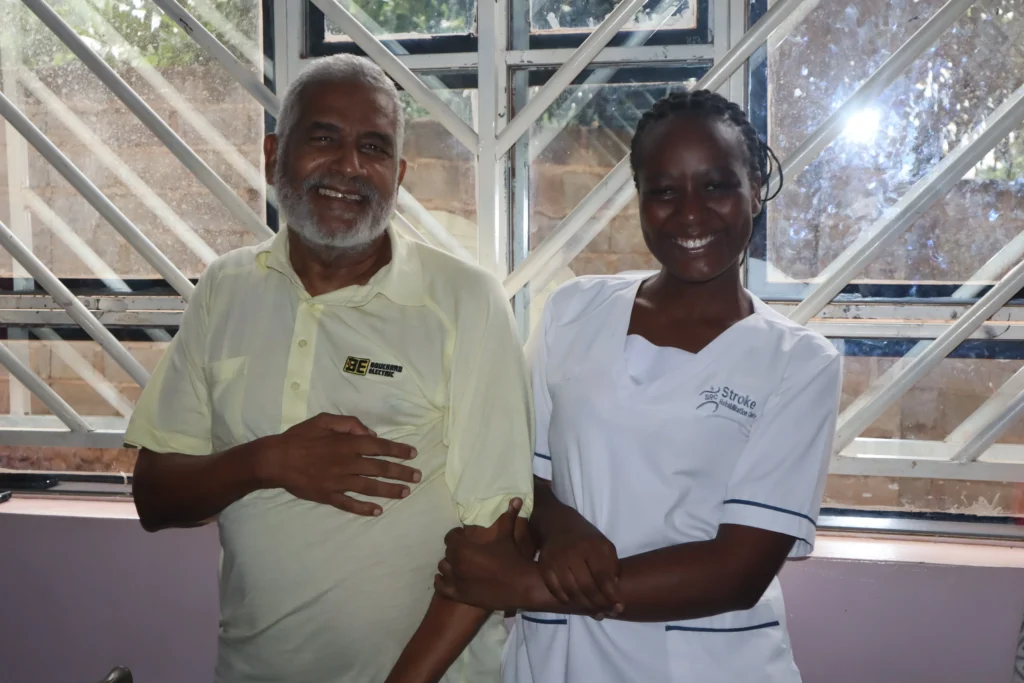
Frequently Asked Questions (FAQs)
Emotional support is crucial because many stroke survivors experience depression, anxiety, and emotional instability. These issues can affect recovery and daily functioning. Our stroke counseling services in Uganda help individuals regain emotional balance and improve overall well-being
Our counseling and emotional support services are provided by trained mental health professionals, including licensed counselors and therapists experienced in working with stroke survivors and their families.
Yes. Caregivers often face high stress and emotional burnout. We offer dedicated caregiver support and counseling to help them manage responsibilities while preserving their mental health.
If you notice persistent sadness, mood swings, withdrawal, anxiety, anger, or loss of interest in activities, it could be a sign that emotional support is needed. Our team can perform an initial mental health assessment to guide you.
Yes. While our main office is in Kampala, we provide remote counseling by phone or video. We also organize outreach programs and home visits in various districts across Uganda to reach more stroke survivors and caregivers.
We offer both in-person and virtual stroke support groups to ensure flexibility. These sessions connect stroke survivors across Uganda to share their journeys and encourage each other through recovery.
Some of our services are offered free of charge or at subsidized rates thanks to our donors and partners. Contact us for more details on pricing and to see if you qualify for free emotional support services for stroke survivors.
Stroke Foundation Uganda is a nonprofit organization dedicated to improving stroke care and prevention in Uganda
Useful Links
Services
Contact Us Now
- Wampewo, Gayaza Road, Kampala.
- +256 784 846 294 | +256 393 100 252
- info@strokefoundationuganda.org
Copyright © 2025 – Stroke Foundation Uganda

